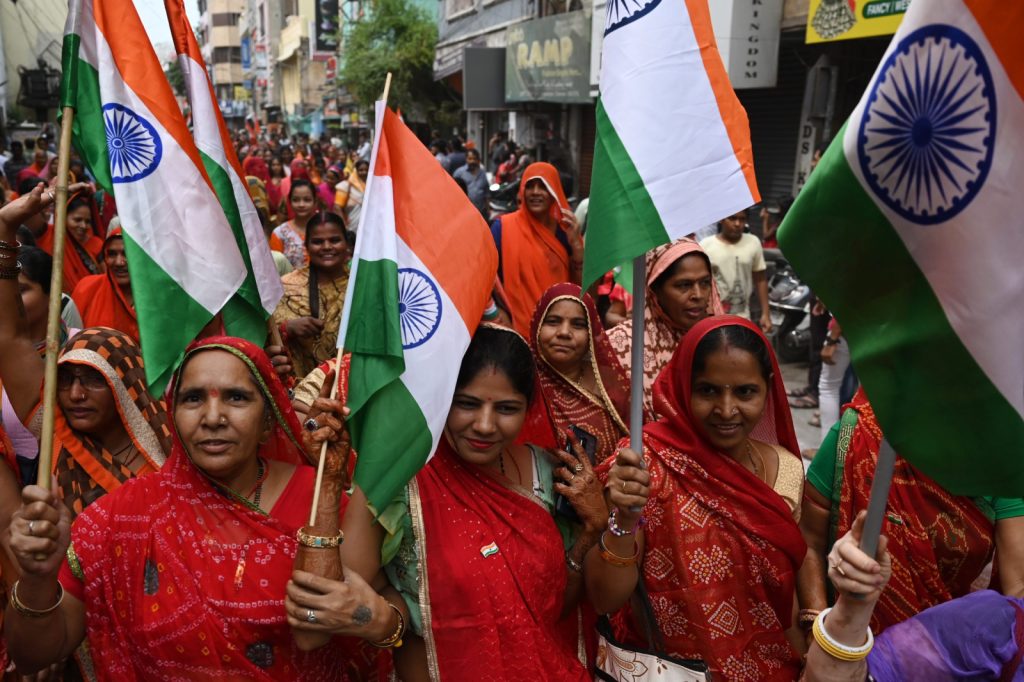India’s top court widened abortion rights on Thursday, September 29, by ruling that all women could end their pregnancy up to 24 weeks from conception, abolishing restrictions placed on unmarried mothers.
Abortions have been legal in India since 1971, the year reforms permitted terminations in various instances including contraceptive failure among married couples.
The marriage requirement was removed in an overhaul of the Medical Termination of Pregnancy Act last year, which also saw the legal abortion limit raised from 20 to 24 weeks of pregnancy.
But the amended law did not explicitly guarantee abortion rights to unmarried women after 20 weeks to account for the new limit — a guarantee the Supreme Court has now enshrined.
“The MTP Act recognizes the reproductive autonomy of every pregnant woman to choose medical intervention to terminate her pregnancy,” its judgement said.
Any exclusion of single women’s rights to “safe and legal abortion” would be “unconstitutional,” it added.
The decision came in response to a petition from a 25-year-old woman who was seeking a ruling on her right to terminate her pregnancy after her relationship with a domestic partner ended.
Indian law has permitted abortion in the case of sexual assault since 1971, and Thursday’s ruling included a determination that spousal rape would also be legal grounds for termination.
“Any other interpretation would have the effect of compelling a woman to give birth to and raise a child with a partner who inflicts mental and physical harm upon her,” the judgement said.
Marital rape is not a crime in India, despite efforts by activists to have it recognized as such in order to improve the country’s abysmal record on sexual violence.

‘The rights and choice of women’
Thursday’s decision was hailed by feminist campaigners, with activist Brinda Adige describing it as “one of the most progressive judgements” issued by the court.
“It absolutely respects the rights and choice of women,” she said.
Despite India’s broad recognition of abortion rights, the law bans sex-selective abortions — a practice that has nonetheless persisted.
Parents in India have historically favored sons over daughters, who are often considered burdensome and costly due to the tradition of wedding dowries.
Poverty remains a major barrier to safe and legal abortions in India, forcing women to seek help from illicit back-street operators or resort to dangerous self-medication.
An estimated 6.4 million abortions are carried out every year in India and over half are estimated to be unsafe, said a 2017 study by the Ipas Development Foundation.






